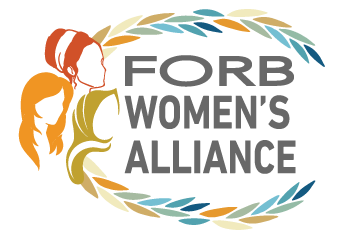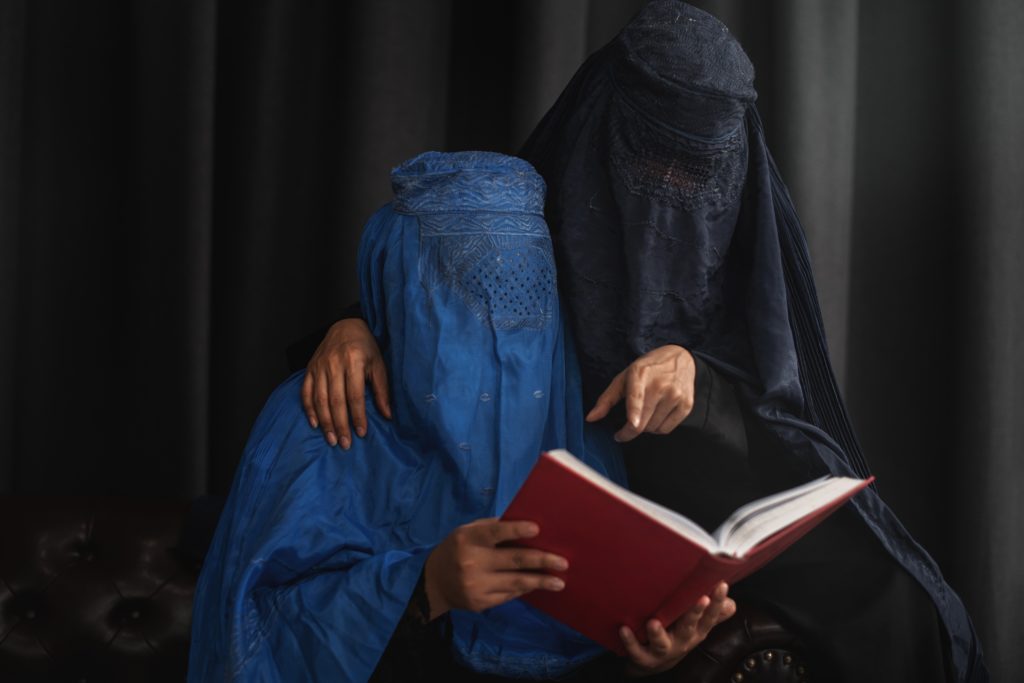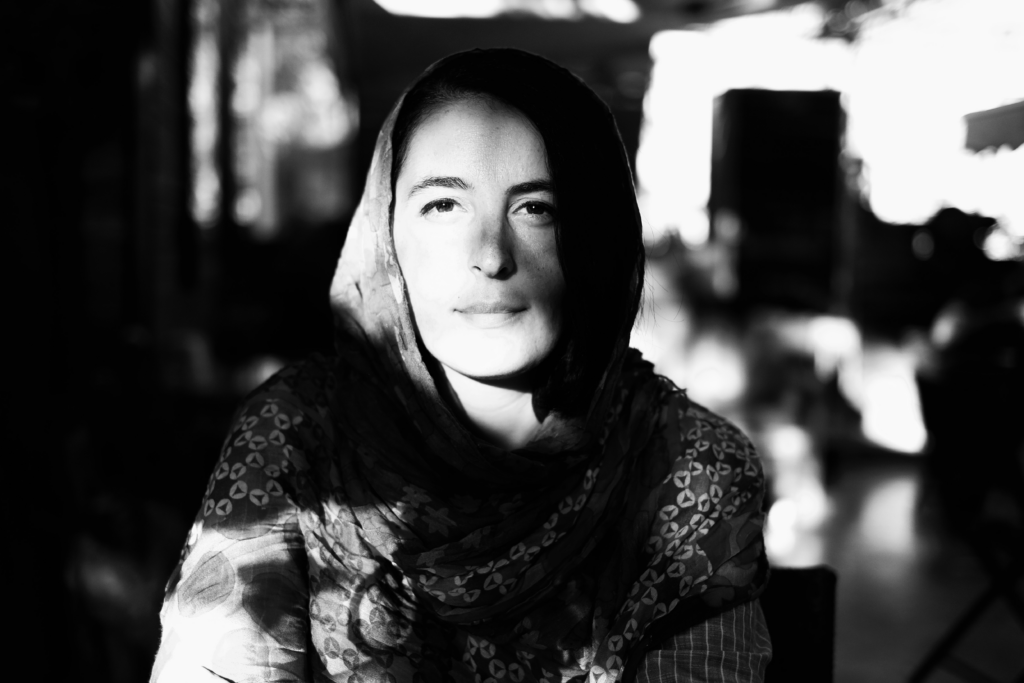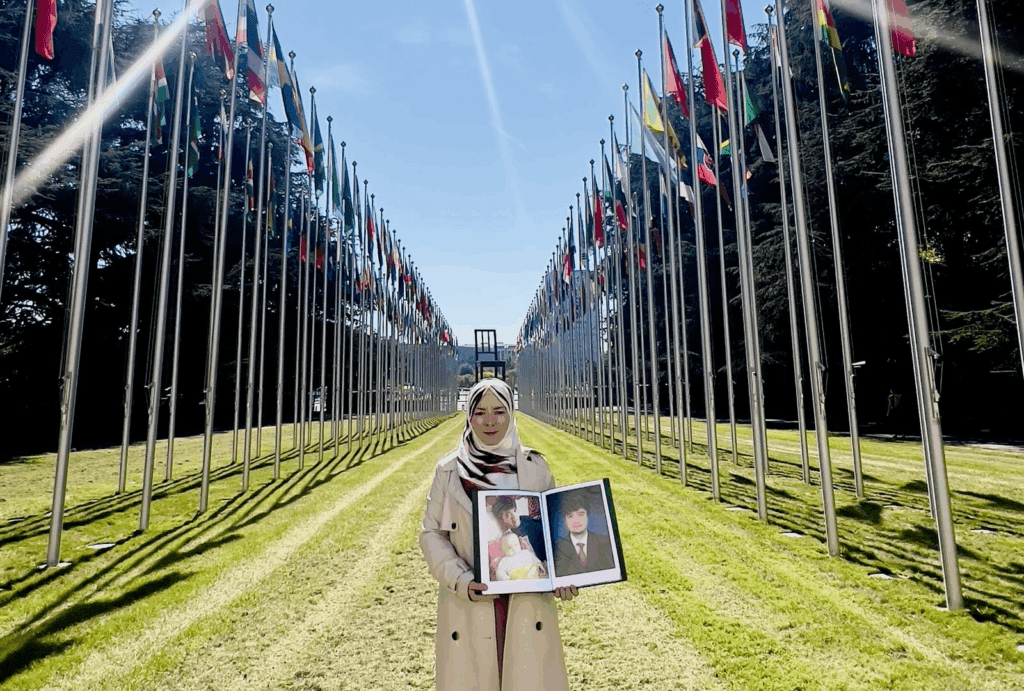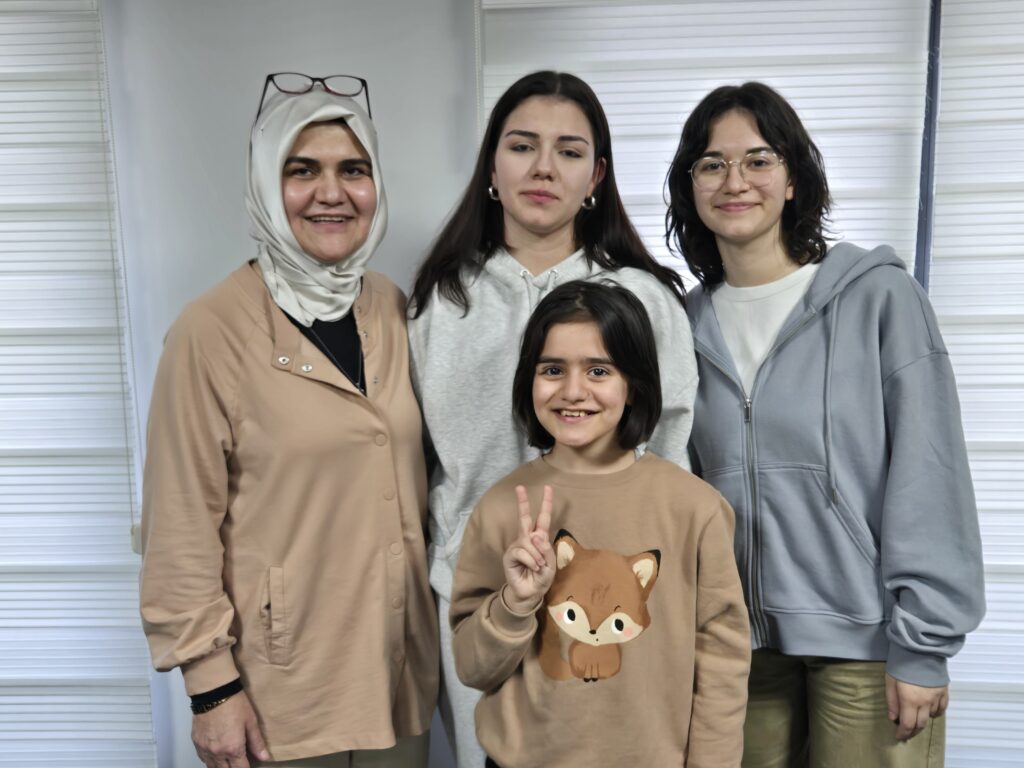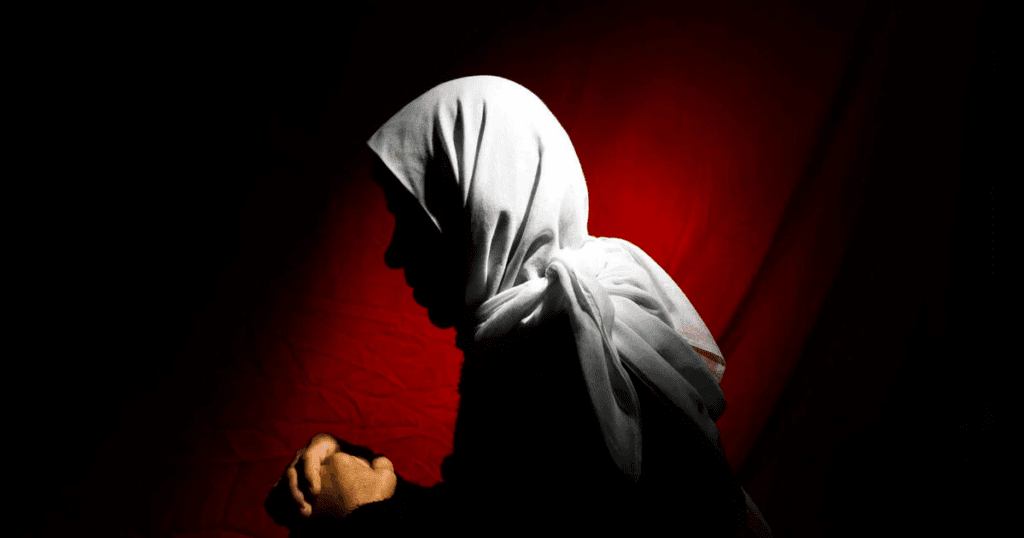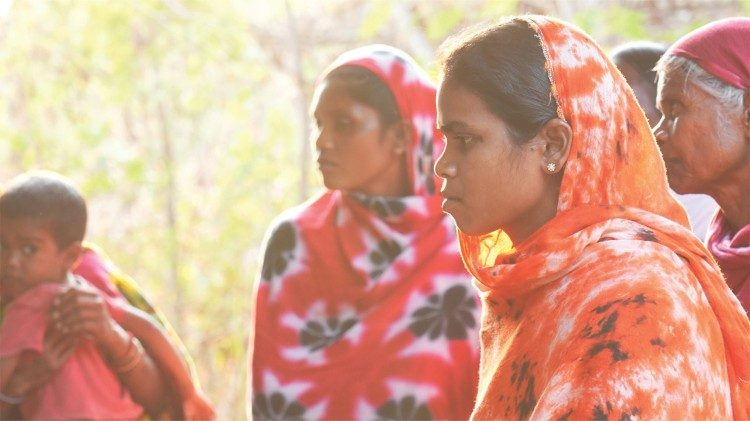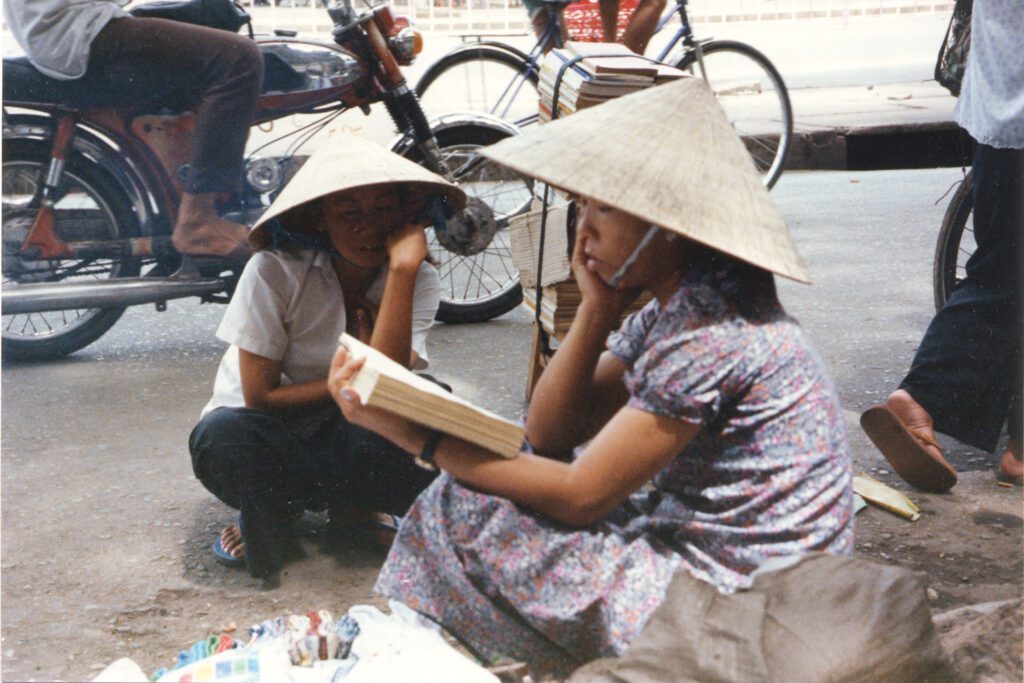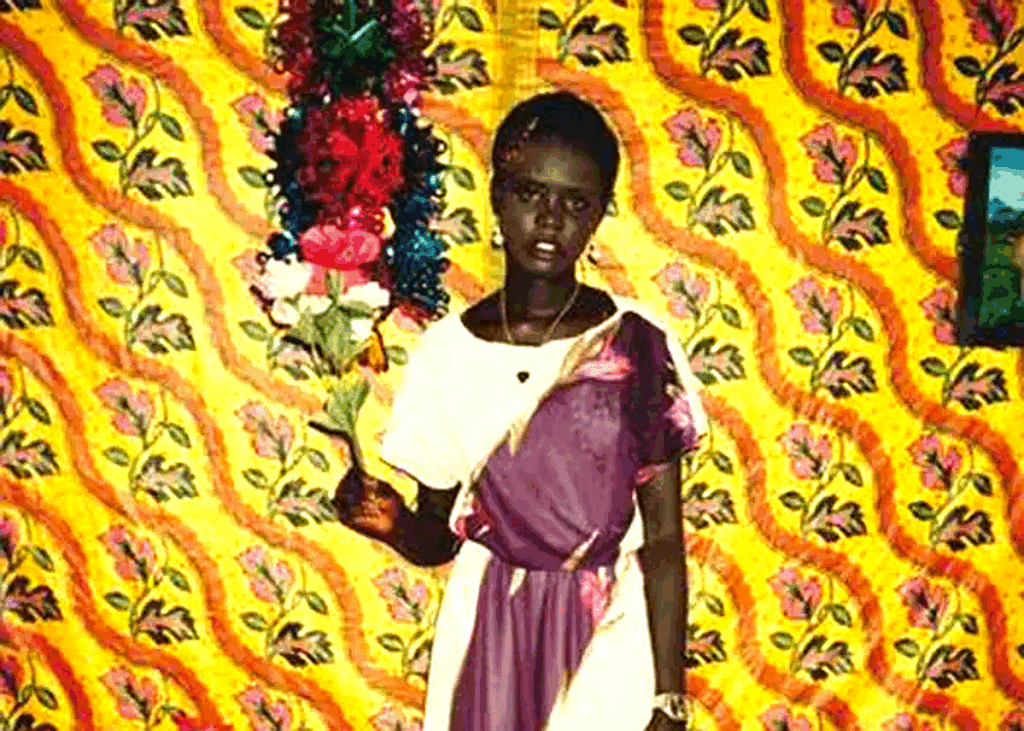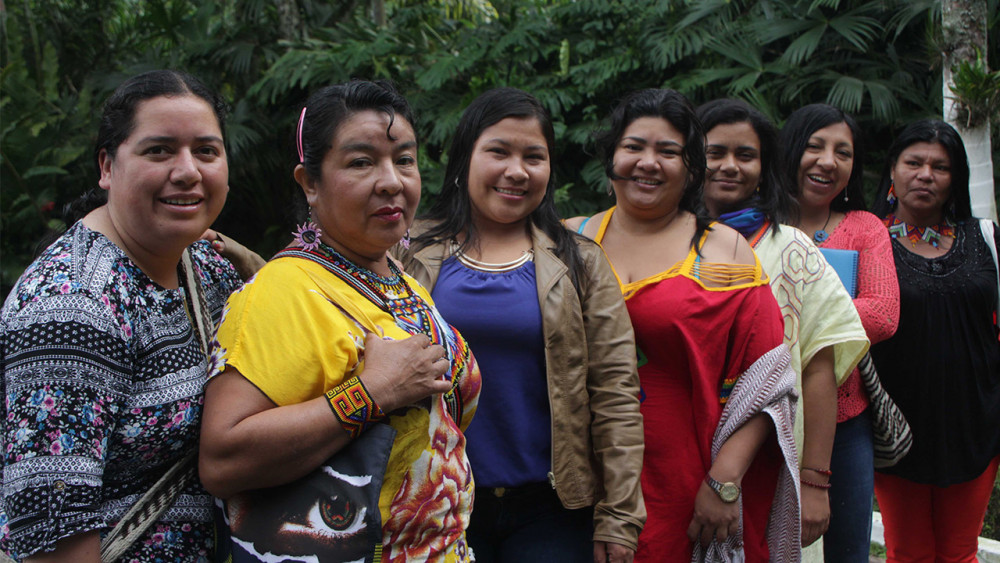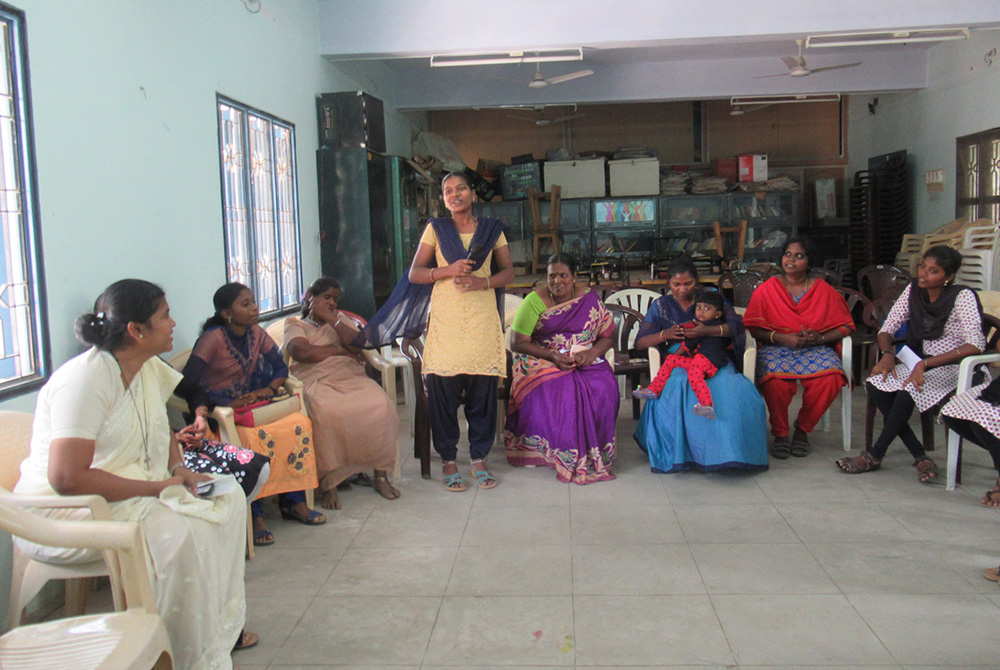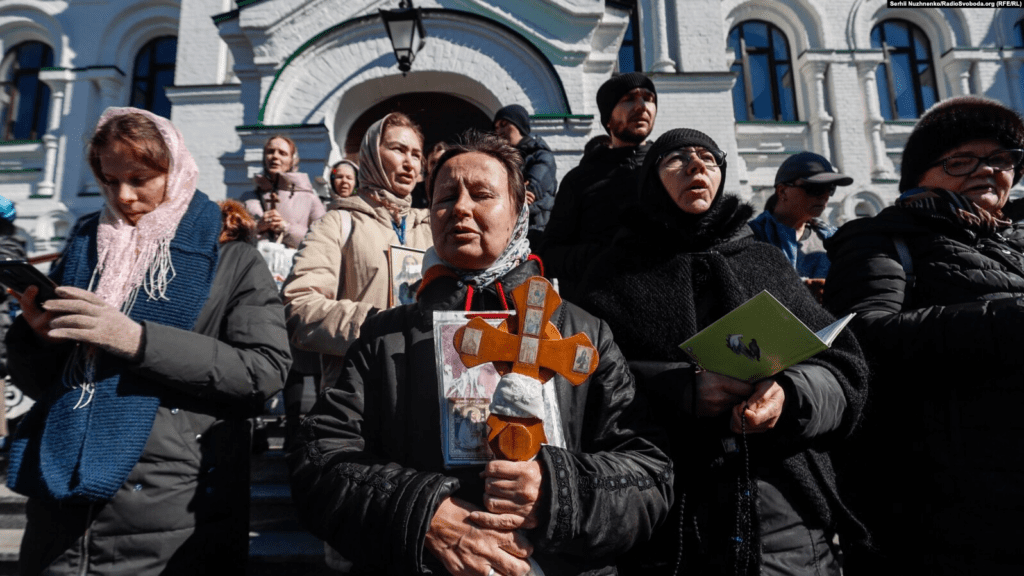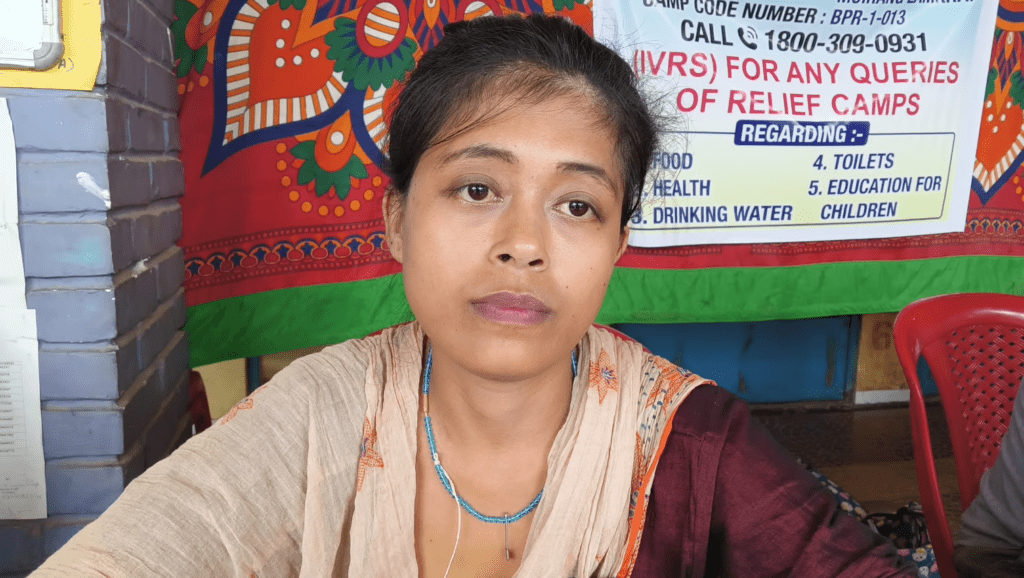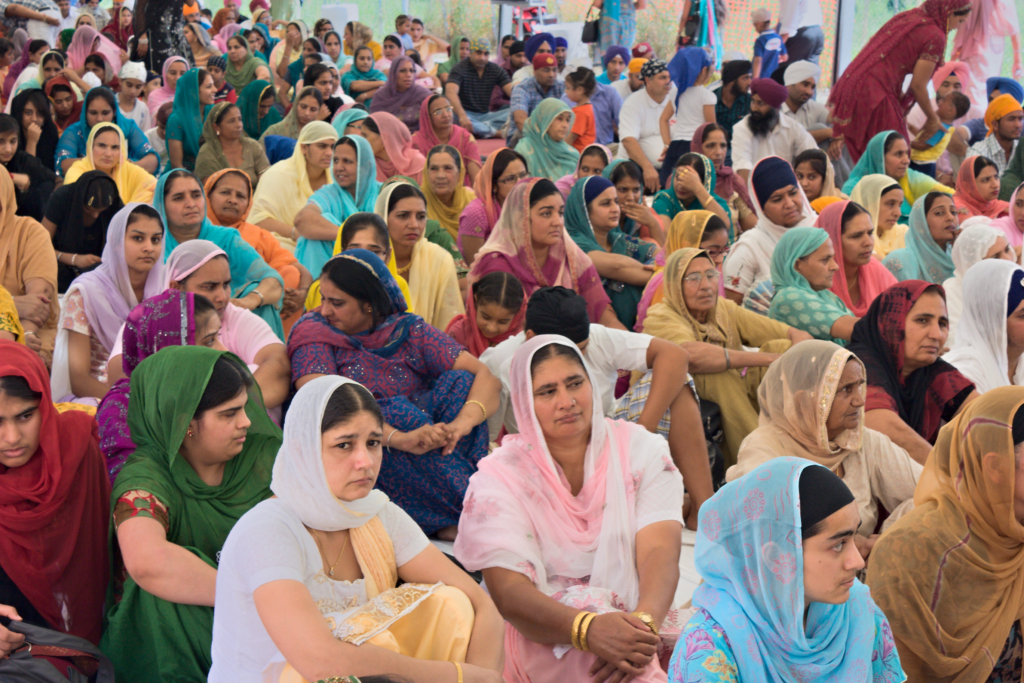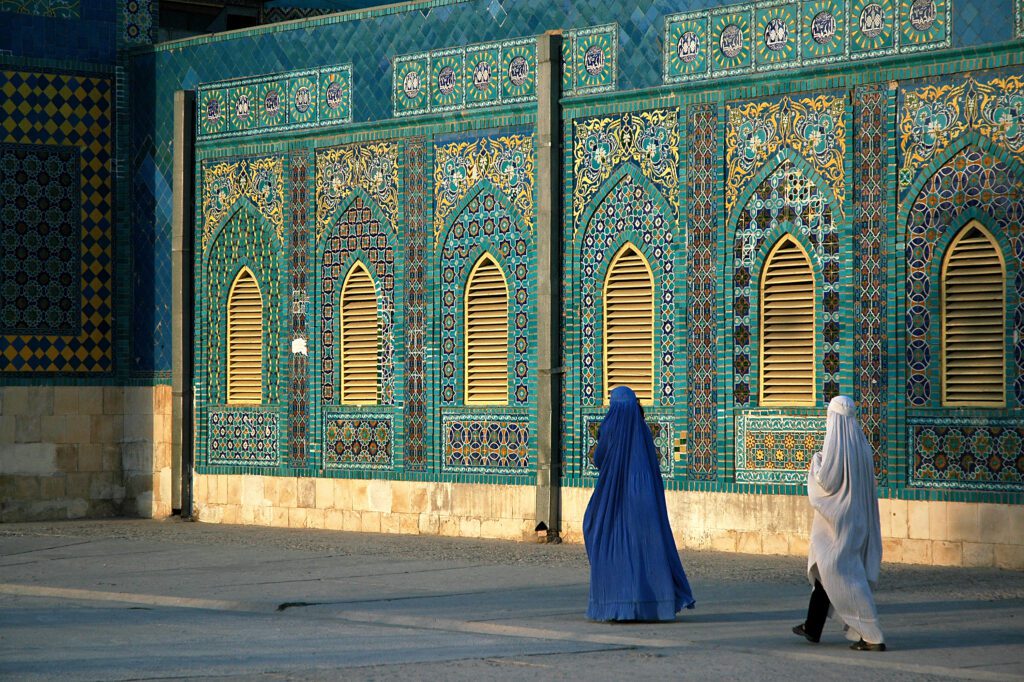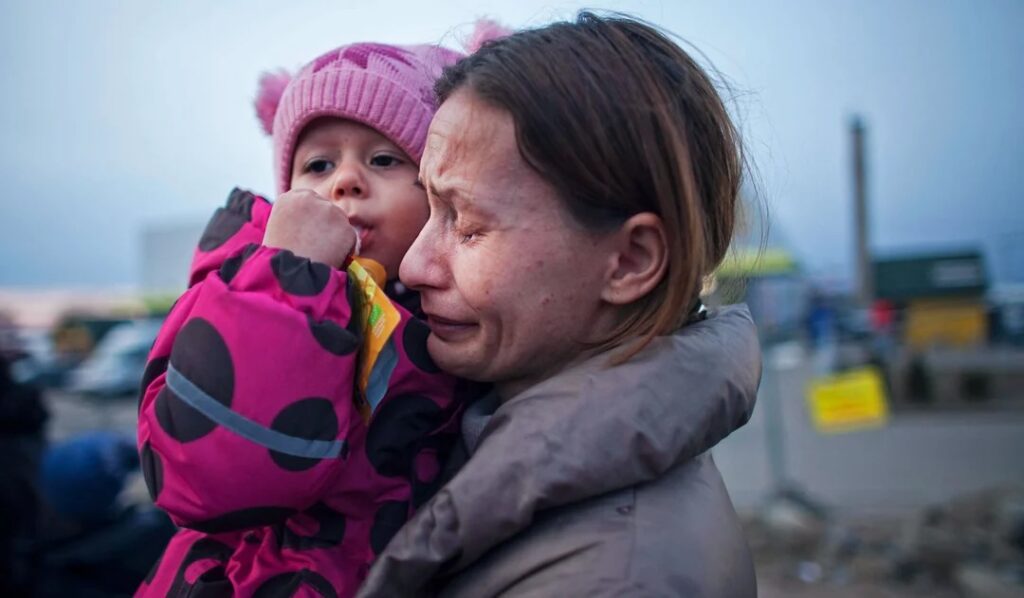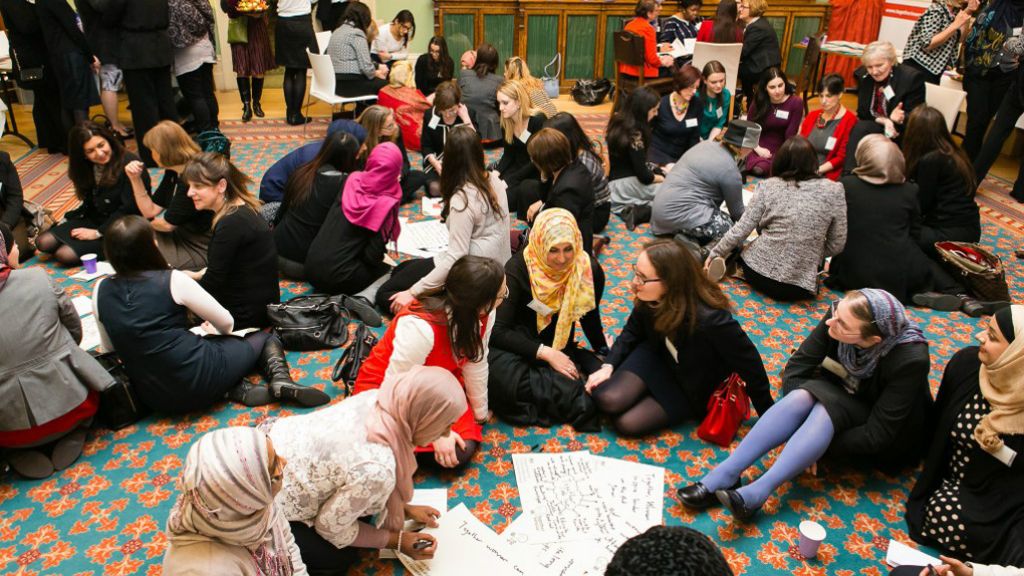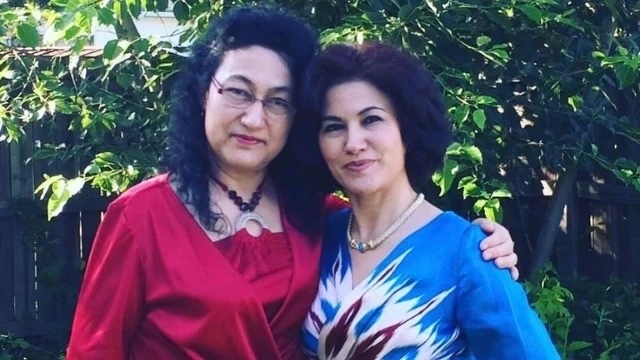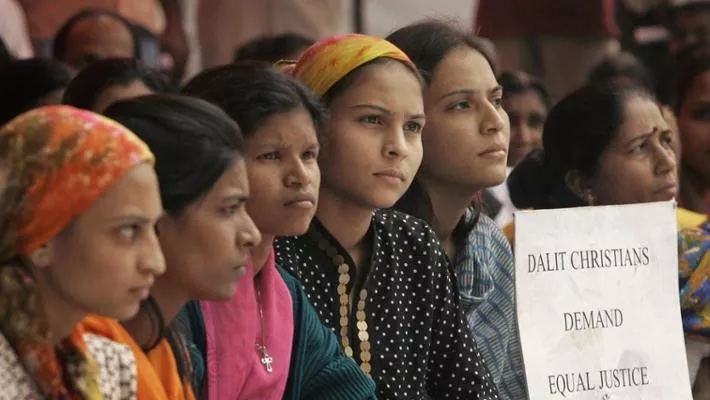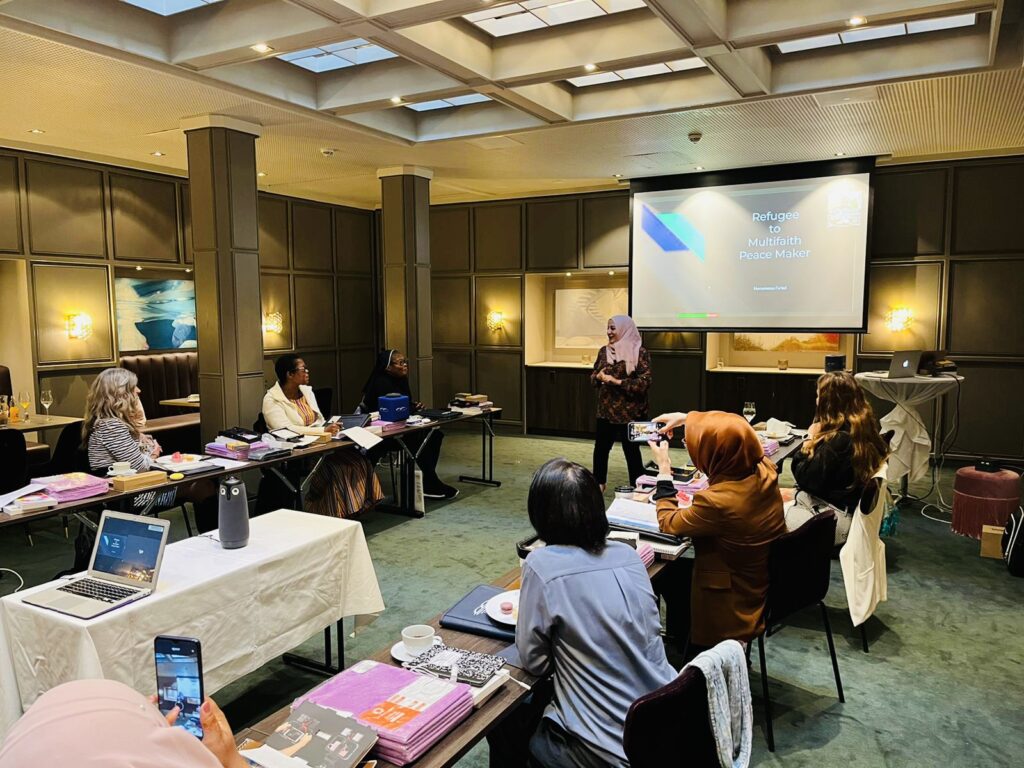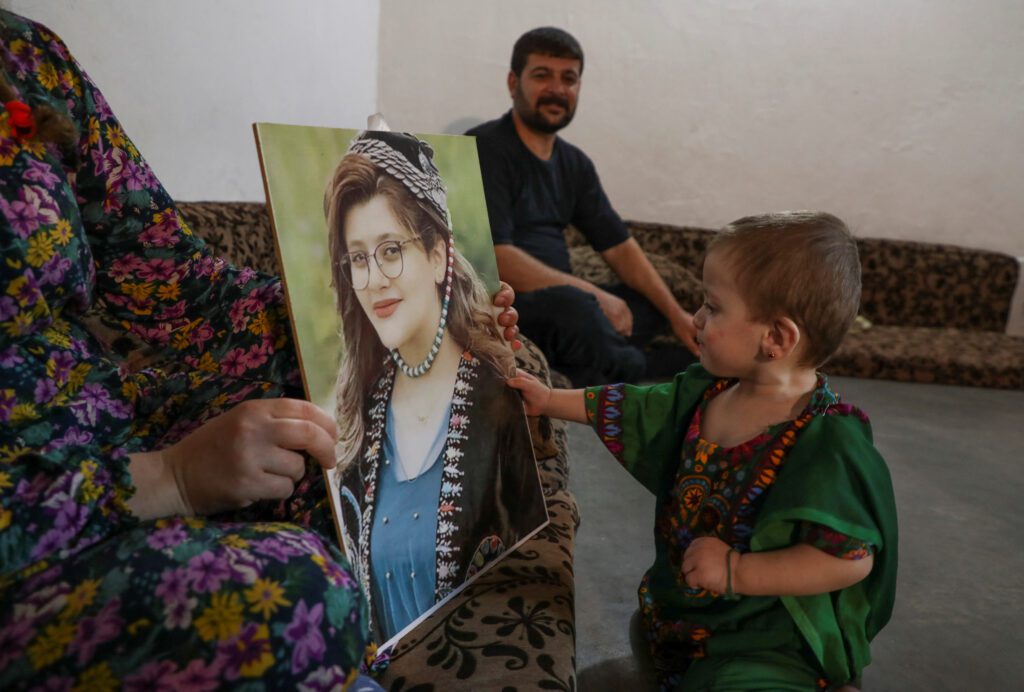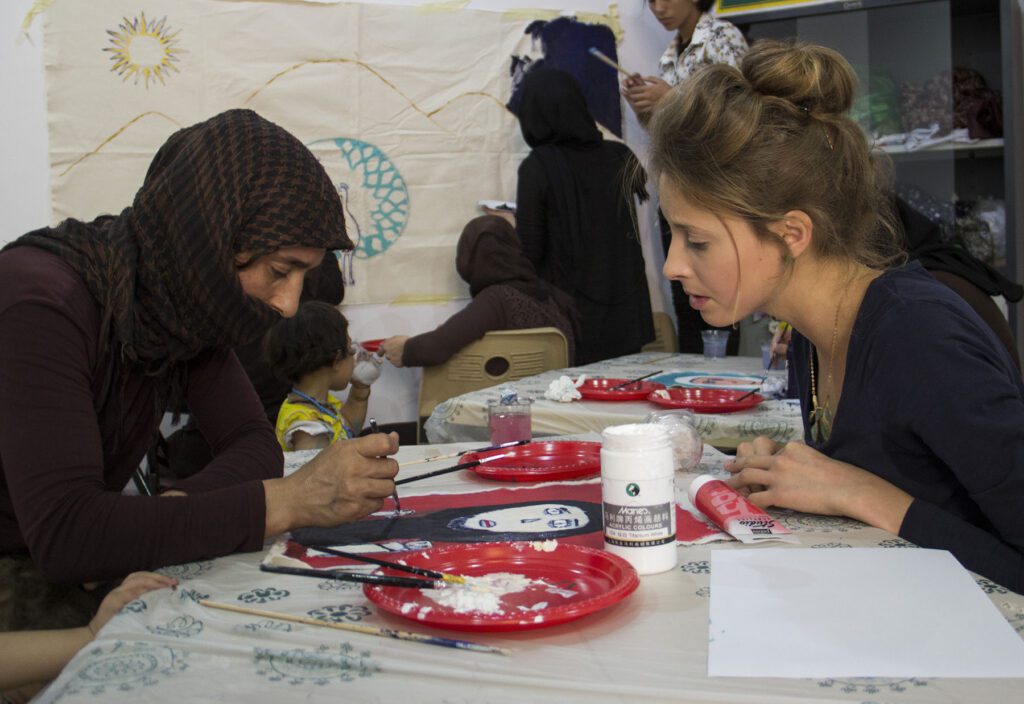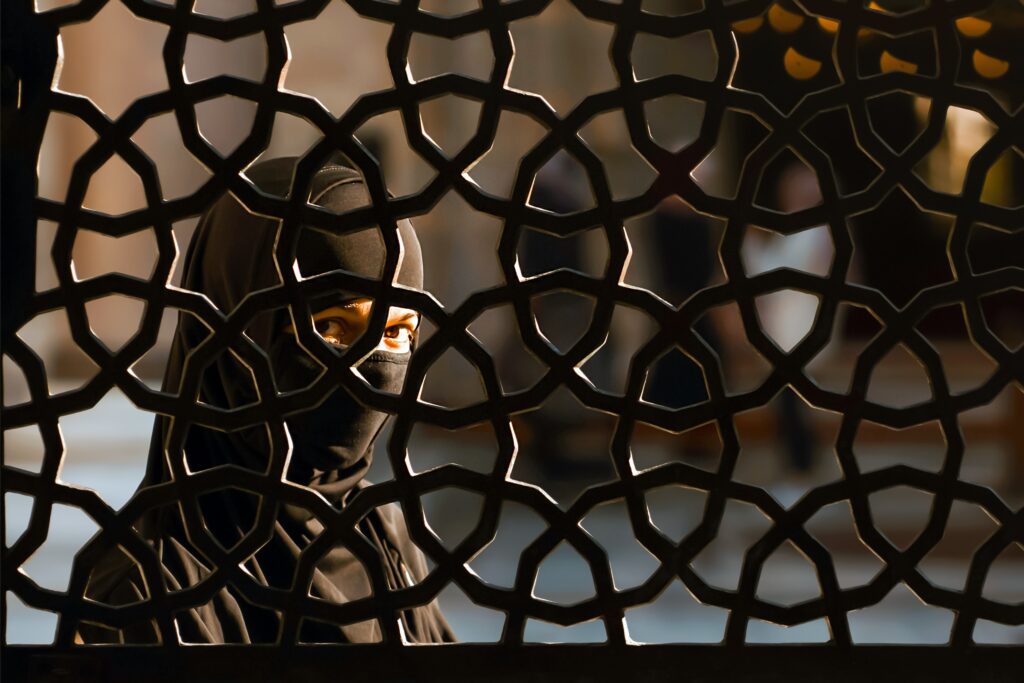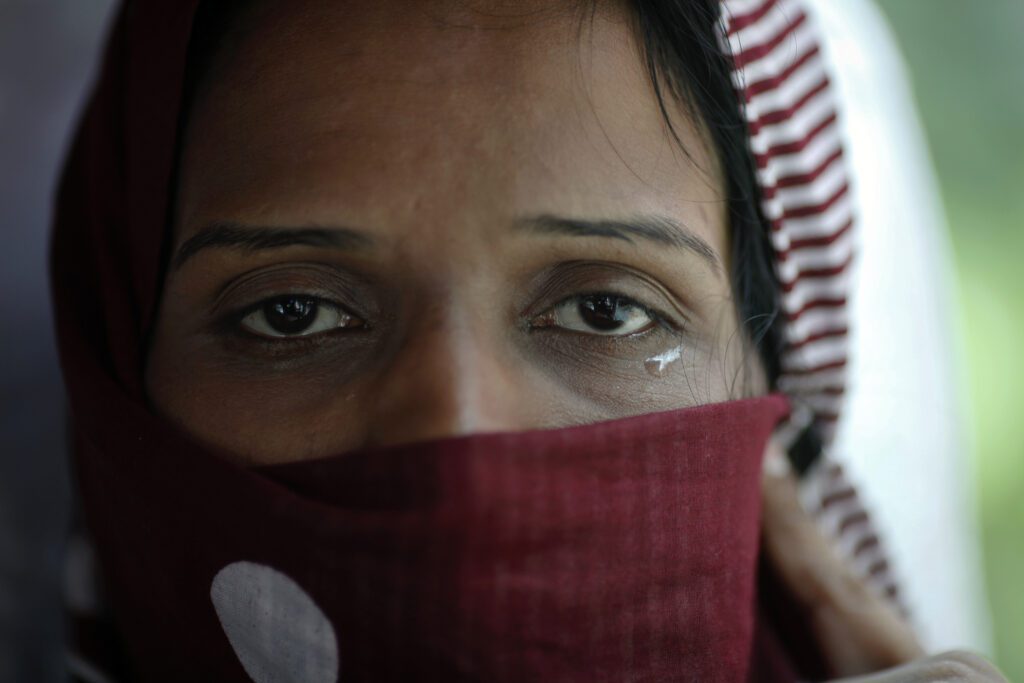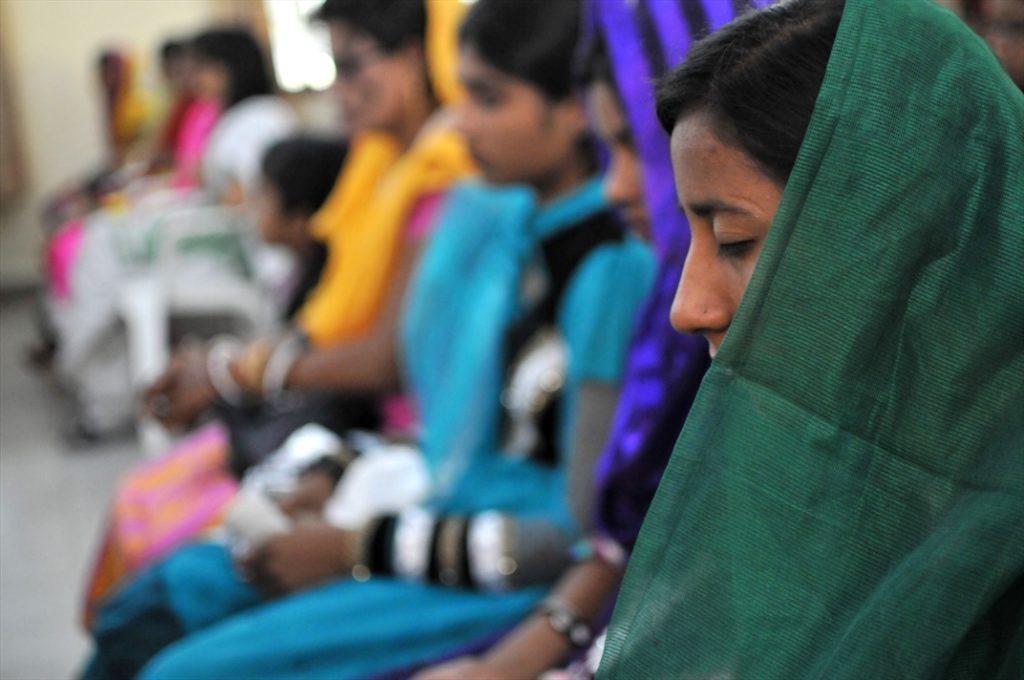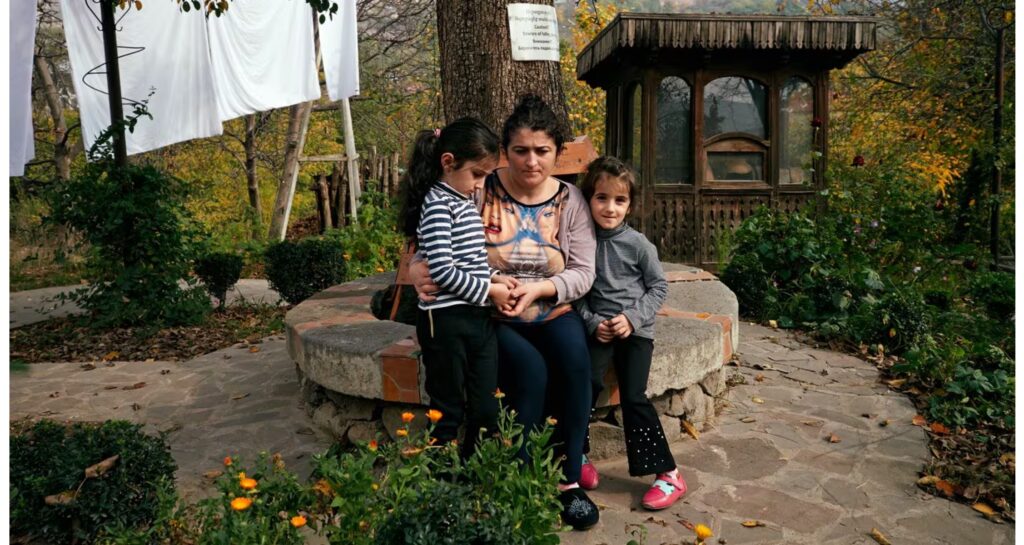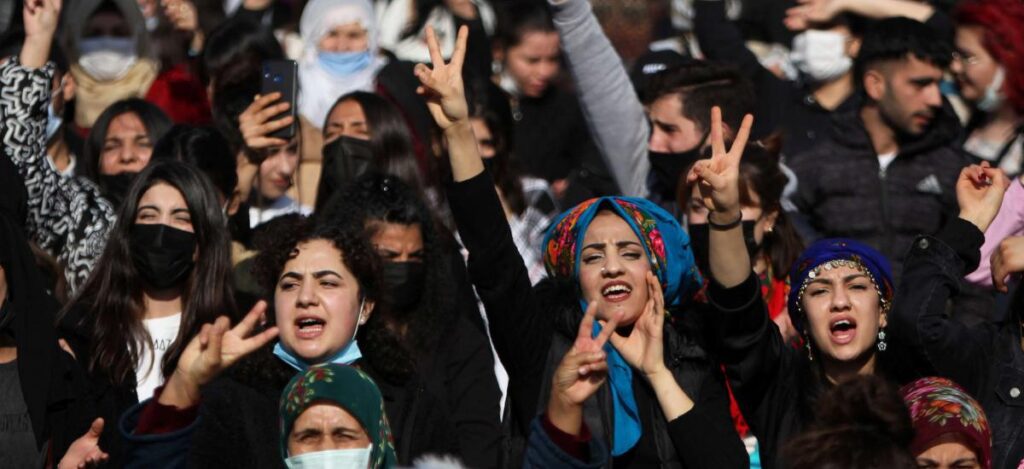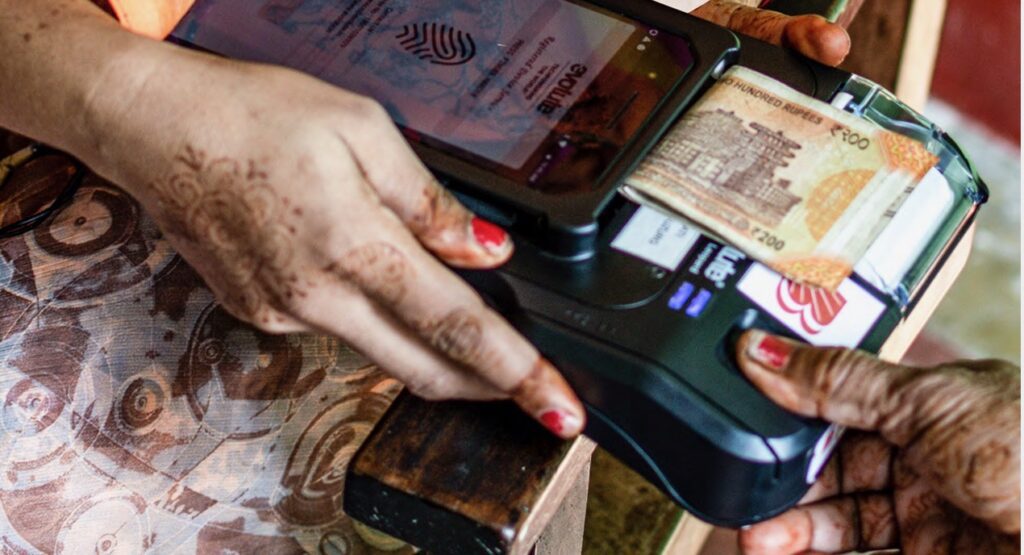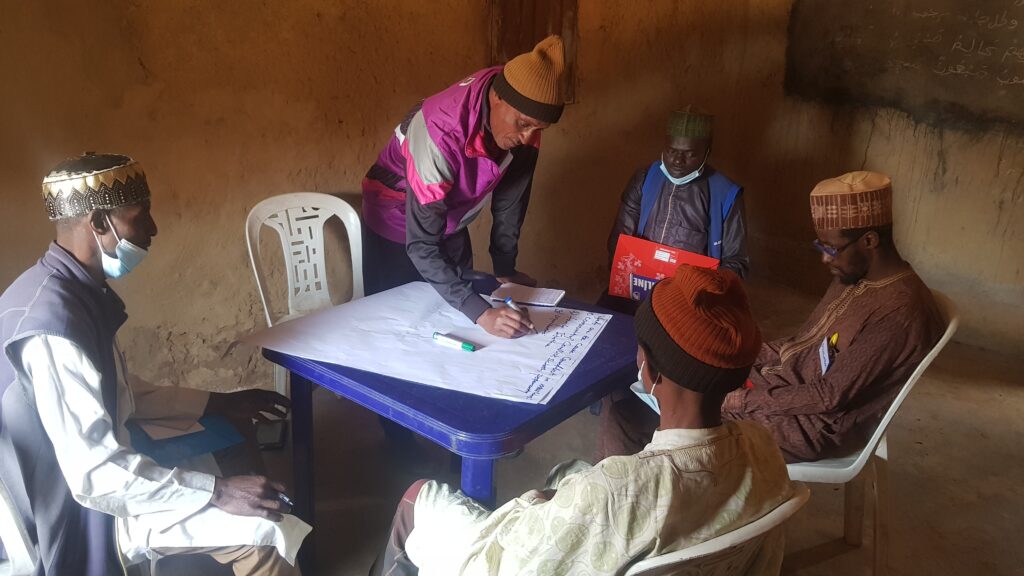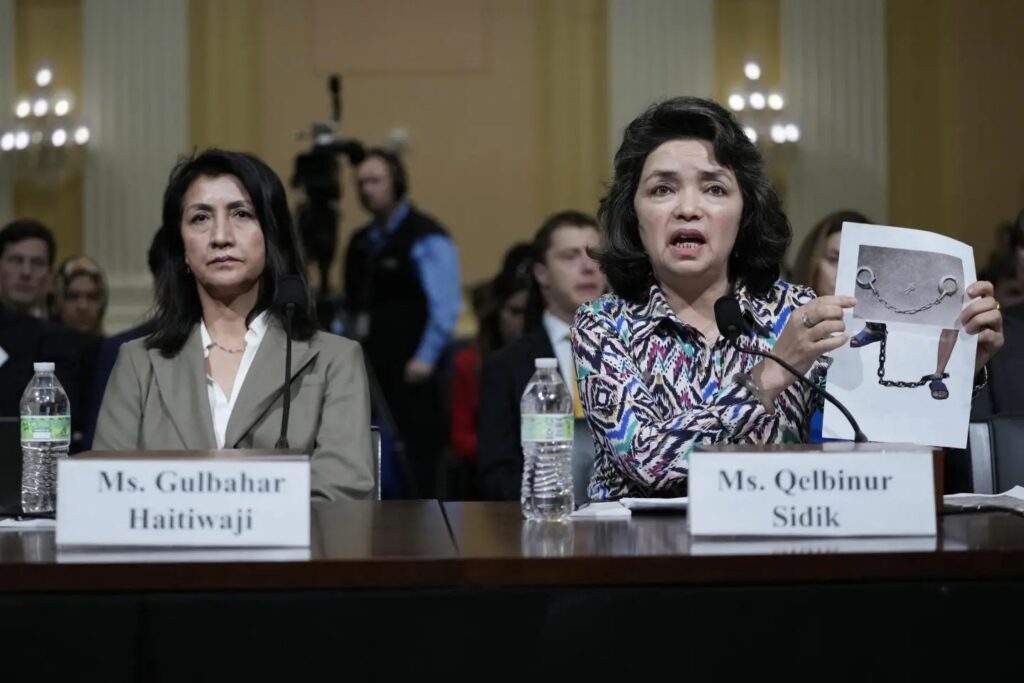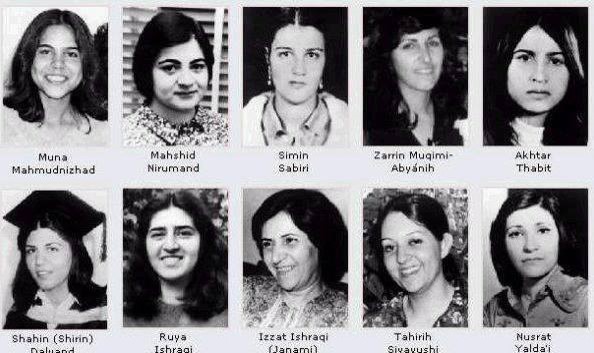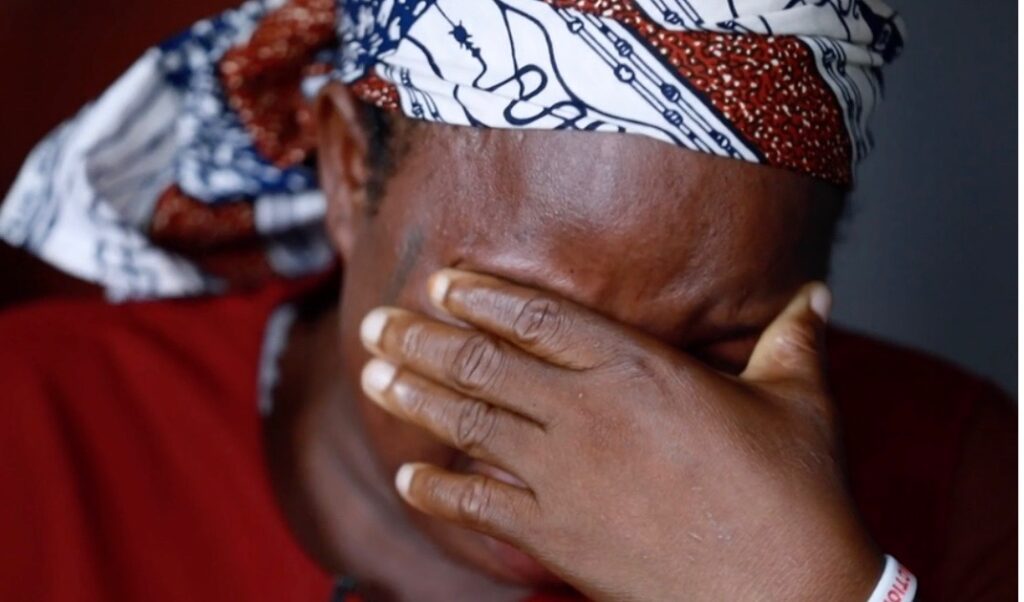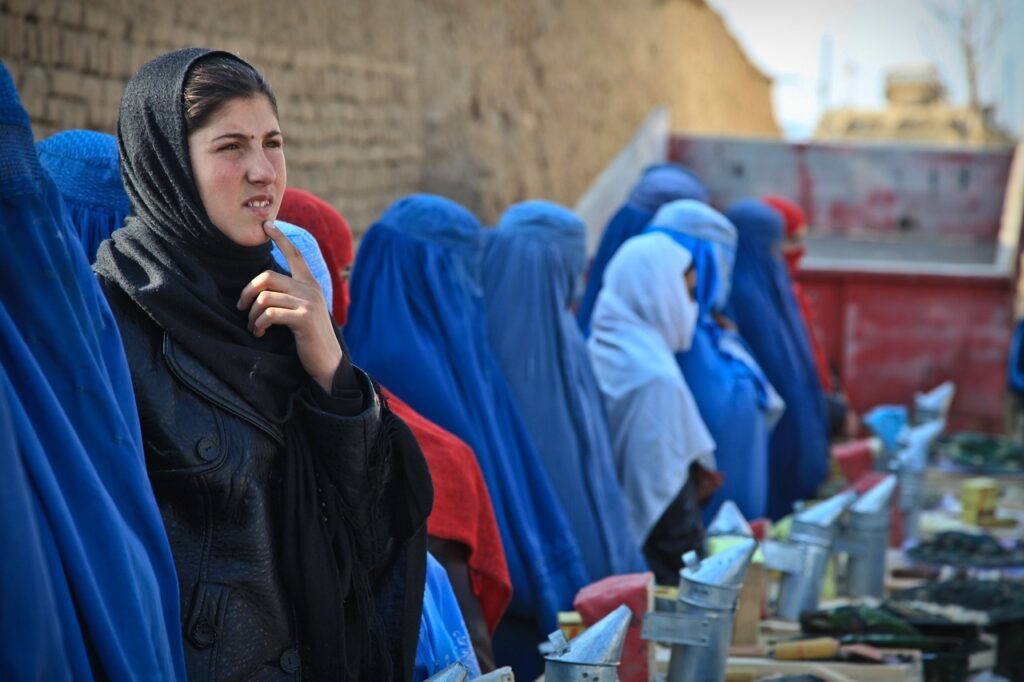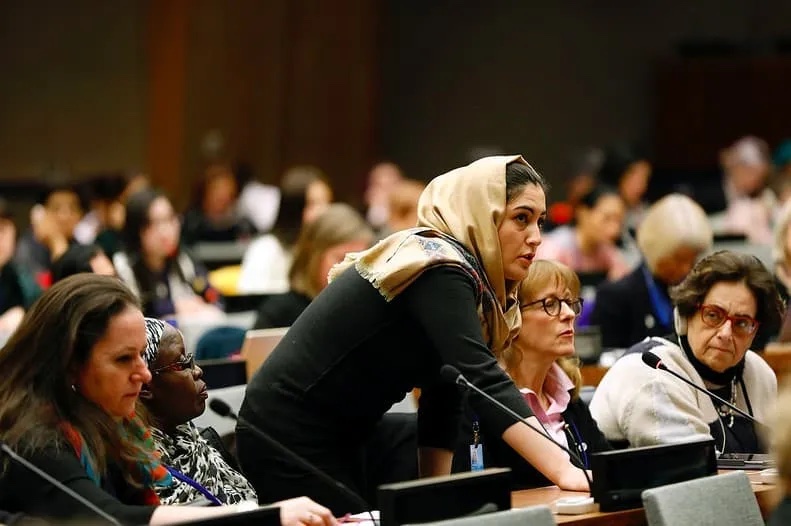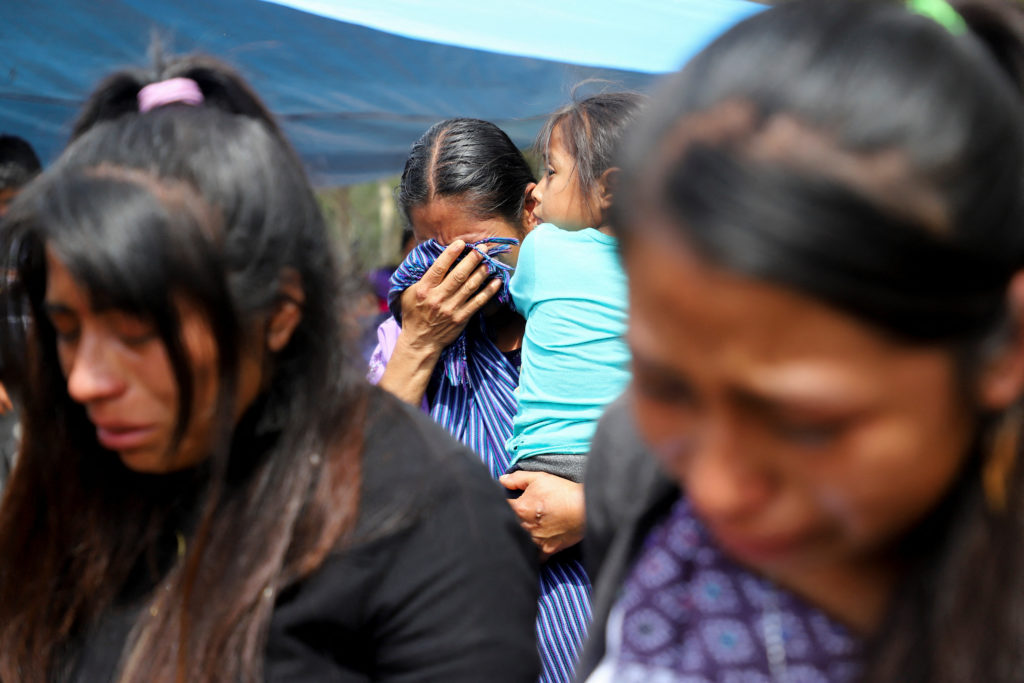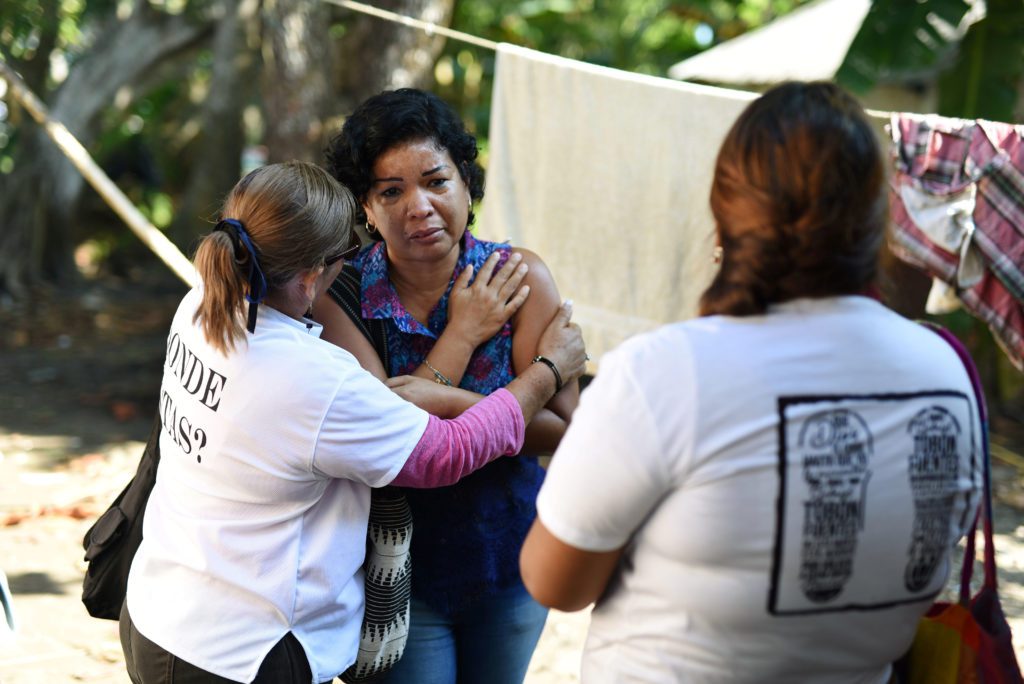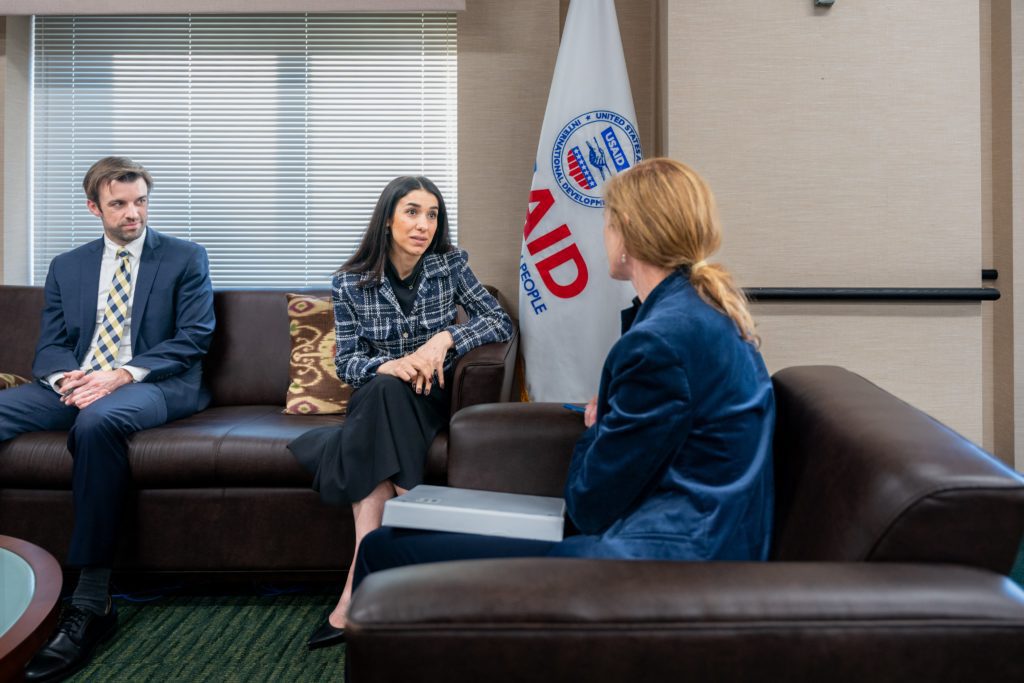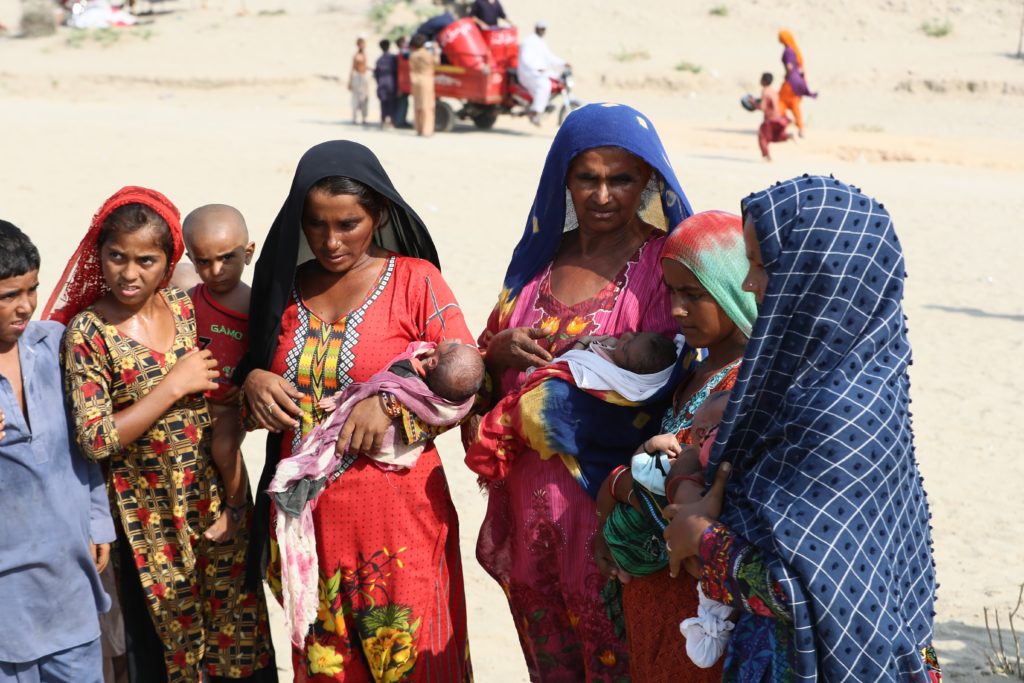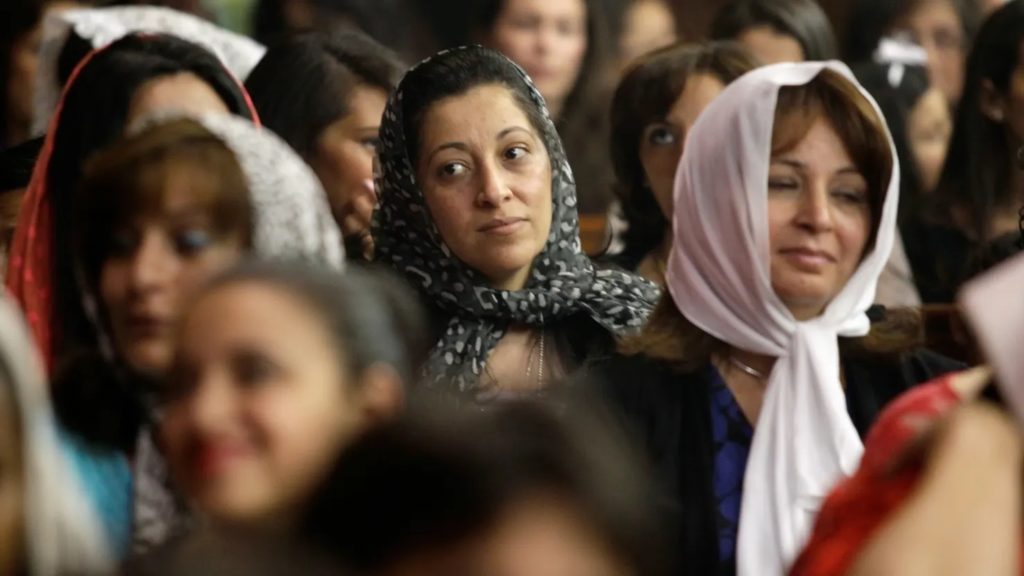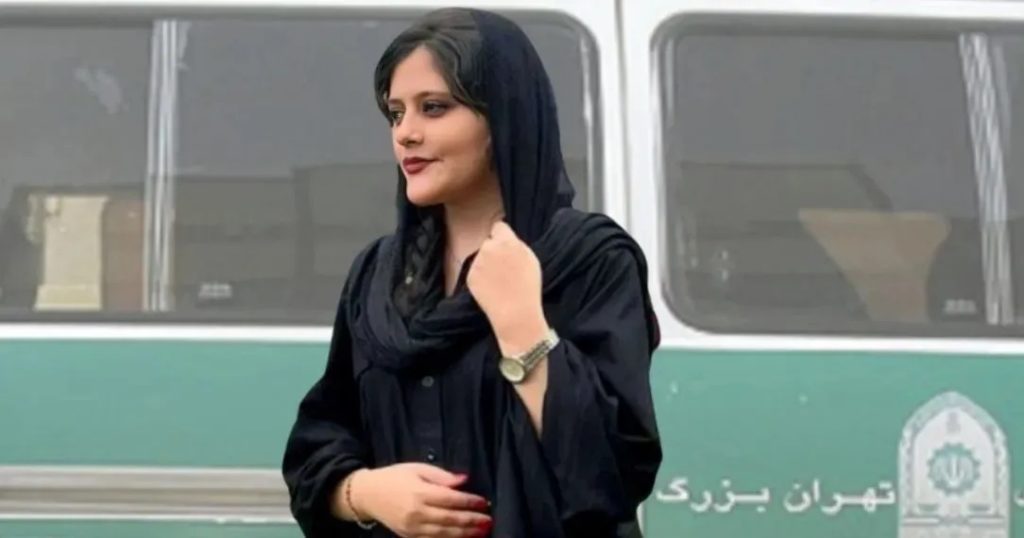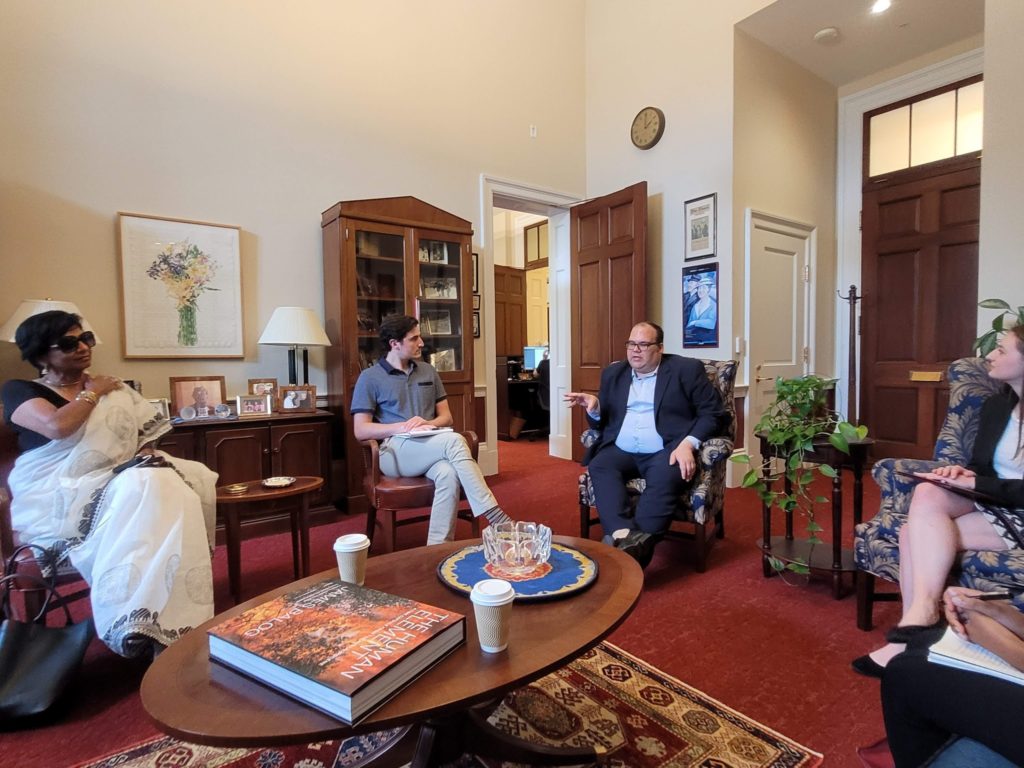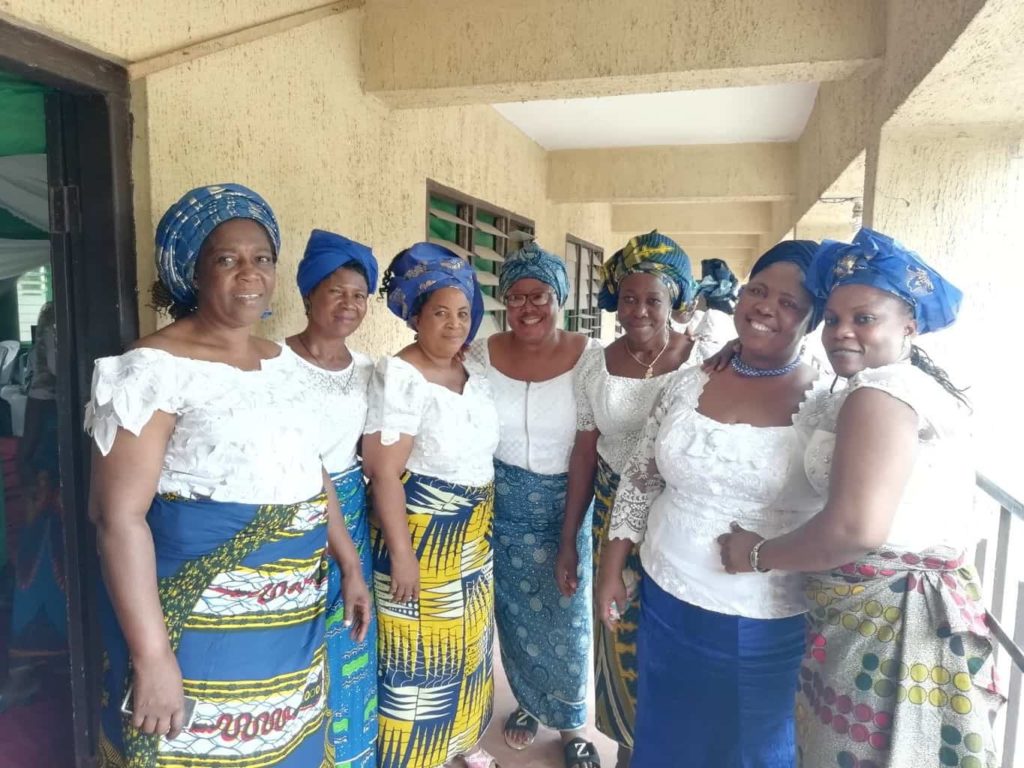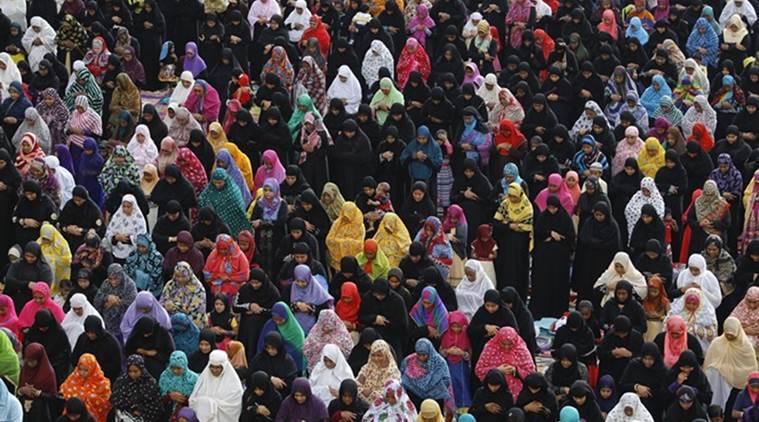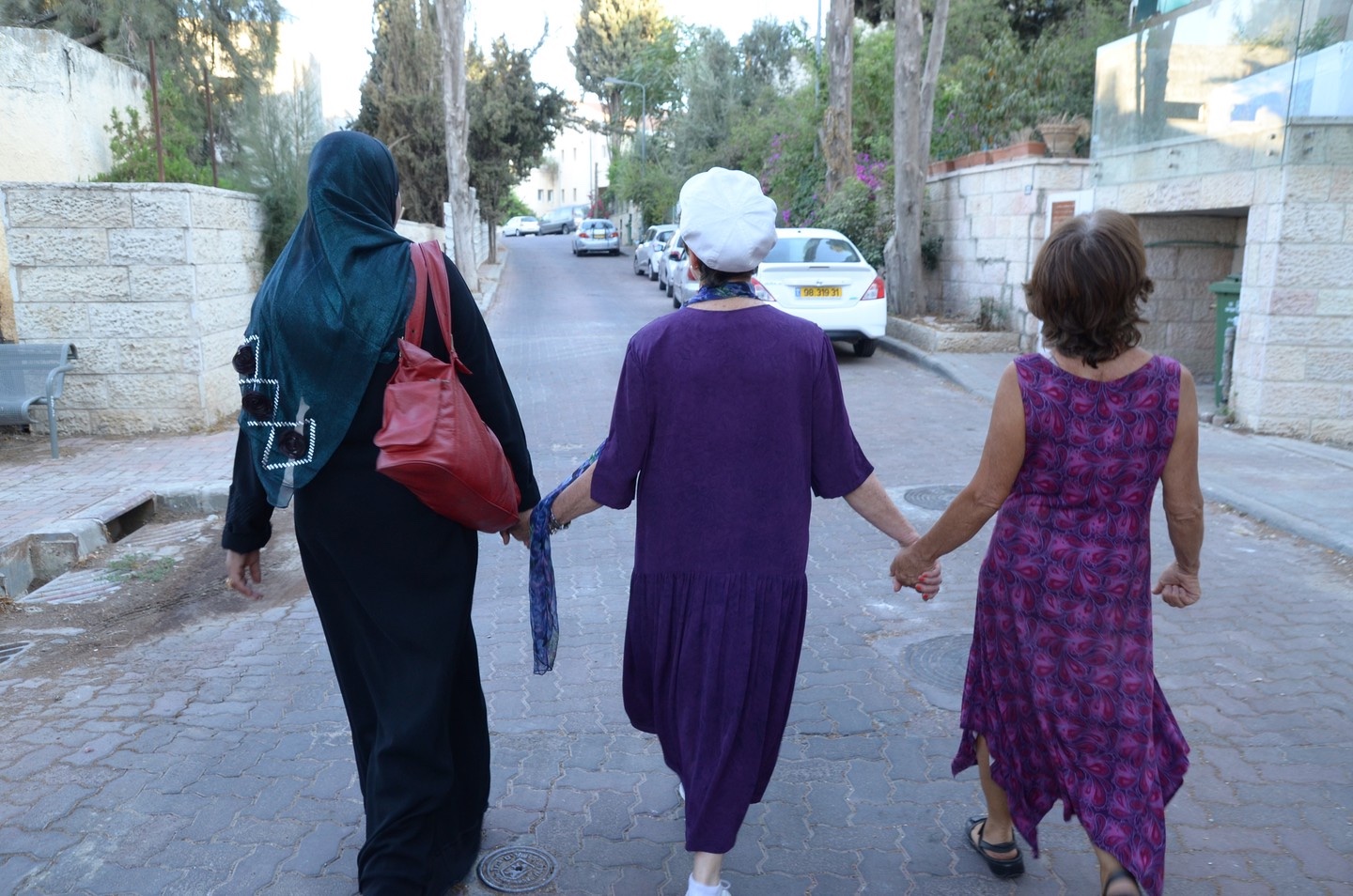My sorrow and frustration were palpable as I read the news that the Taliban has instituted a total ban on girls’ and women’s education, their latest devastating blow targeting women in Afghanistan. Adding their horrific situation to the news of executions imprisonments and protests in Iran, precipitated by the government killing Masha Amini for alleged head scarf violations, the intersection of women and religion tops international headlines.
I have a sickening sense of déjà vu, but without any of the short-term hopefulness that I felt given similar circumstances in the 1990s. Almost thirty years ago, as an advocate for religious freedom and women’s rights based in Washington, D.C., I and other advocates worked with the news media, State Department and White House officials, Members of Congress, and agencies at the United Nations. We sought to ensure the world knew about the Taliban government’s actions against women and others and the importance of Afghan women regaining their fundamental right to an education. It took a war in the early 2000s for Afghan women to regain their rights, a war that removed the Taliban from power until their return in 2021.
Today, I sadly witness limited global awareness, outrage, and actions given these events that severely diminish the status of women, not just in Afghanistan and Iran, but also in countries such as Nigeria, Iraq and Syria. In these and other countries religious minority women, including Christian and Christian Yazidi women, continue to be harassed, discriminated against, kidnapped, raped, and forcibly married in the name of religion.
Where is the unified condemnation by the world’s governments and the United Nations?
Such events signal more than the denial of women’s human rights. They reflect the false conflation of religion and cultural norms, along with a lack of knowledge and understanding about the Scriptures and Teachings of different religions. The very issue of freedom of religion and belief for women rests on discerning the distinction, both in belief and practice.
Even for those who have no religious beliefs or identification, understanding this conflation of religion with antiquated or corrupted cultural norms is necessary to restore respect for the world’s religions as well as eliminate harmful practices being carried out in religions’ name.
For example, the diversity and breadth of women’s lives and experiences in predominantly Muslim countries shows that the Taliban’s imposition of its understanding of the Teachings of Islam is neither universally accepted nor practiced. The Qu’ran itself reveals numerous rights and protections for women: the life of Muhammad’s wife, Khadija, alone is testimony to the role of education and women in society.
We will not advance globally until we are able to begin broad conversations among ourselves and between ourselves and others about what our religious beliefs and Scriptures teach and what we have adopted and practice as cultural norms that continue to deny half of humanity its fundamental human rights.
As the situation in Afghanistan starkly pointed out thirty years ago, war was how Afghan women regained their rights, including freely to practice their religion. Whether war is the most effective corrective mechanism for women to realize their freedom, including their freedom of religion and belief, is fundamental to my own religious understanding as a Bahá’í: women must be fully a part of society, educated, and serving in law, politics, and every human sphere. International peace depends upon it.
Bahá’í Scriptures state, “The most momentous question of this day is international peace and arbitration, and universal peace is impossible without universal suffrage…So it will come to pass that when women participate fully and equally in the affairs of the world, when they enter confidently and capably the great arena of law and politics, war will cease: for woman will be the obstacle and hindrance to it. This is true and without doubt.”
Each woman and man wishes to live his or her life freely to believe or not believe in God. Halting the most egregious human rights and religious freedom violations will be just a start. We are at a moment when difficult and challenging conversations must take place, between and among citizens of different religious affiliations, within and between governments, and between religious institutions, their leaders and humanity. Promoting freedom and preventing more deaths, and in the case of Afghanistan and Iran and elsewhere, saving an entire generation of girls and young women, depends on our own awareness and willingness to act.
Kit Bigelow is the former director of the U.S. Bahá’í Office of External Affairs. She serves on the advisory boards of FORB Women’s Alliance, the Religious Freedom Institute, and the Institute for Global Engagement Center for Women, Faith and Leadership.
Disclaimer: The views and opinions expressed in this article are those of the authors and do not necessarily reflect the official policy or position of FoRB Women’s Alliance.
